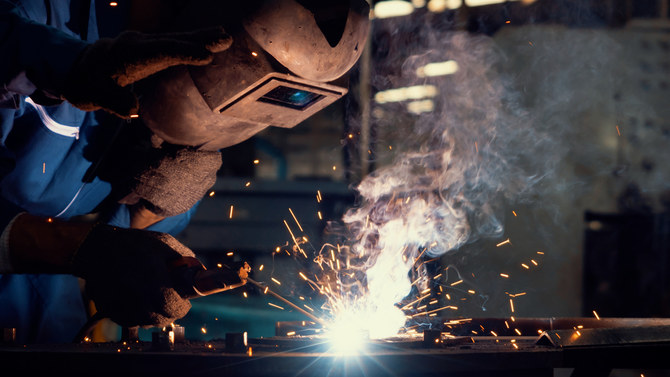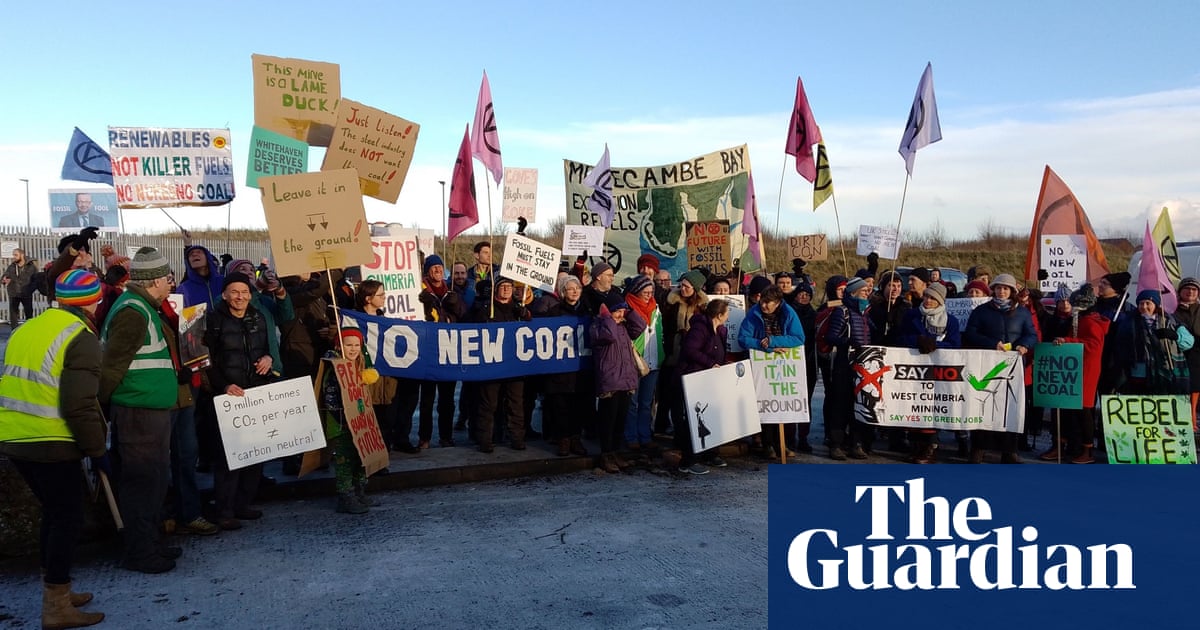
Senior steel industry figures have rejected claims that their demand for coal has driven the government’s divisive decision to sanction the first new UK coalmine for 30 years.
Levelling up secretary Michael Gove’s decision to approve the mine at Whitehaven in Cumbria last week has already faced a backlash in the UK and beyond, with John Kerry, Joe Biden’s special envoy for climate, warning he was closely examining the decision.
Government officials have insisted that the coal produced by the mine will be used to make steel, while other supporters have said that the steel industry will need a source of coal that is produced domestically.
Mark Jenkinson, a local Tory MP backing the project, said there was “no way of making new steel without it”. He added: “Steel underpins every single renewable technology that we need to employ to hit our net zero target. There is no sense in importing all of our coking coal, which would be an abdication of our climate commitments.”
However, industry experts insisted that demand for the coal from UK and European steel makers was a myth that had been repeated for years. “The UK steel industry has been clear that the coal from the West Cumbria mine has limited potential due to its high sulphur levels,” said Chris McDonald, chief executive of the Materials Processing Institute, which serves as the UK’s national centre for steel research.
“This, combined with the industry’s drive to decarbonise, means that by the time the mine opens, only one of the UK’s current four blast furnaces is likely to be able to use this coal, meaning that more than 90% of production will be exported. The situation is the same in Europe with even tighter sulphur controls and a faster drive to green steel, meaning that some companies will have moved away from coal completely by the mid 2030s.”
Industry insiders also pointed out that even on the day that the mine was given the green light, one European steelmaker announced plans to move away from steel produced using coking coal. German steelmaker Salzgitter announced plans to be selling green steel by 2025 and be fully zero carbon by 2033.
In its report submitted to ministers, the Planning Inspectorate claimed the mine would have “an overall neutral effect on climate change”. It said the amount of coal used in steel making would be “broadly the same with or without” it. However, legal challenges to the decision are being drawn up, with campaigners believing that it contradicts the government’s own climate commitments.
Opponents also questioned the idea that demand for steel justified the mine. “The idea that this mine is necessary is a myth,” said Tony Bosworth from Friends of the Earth. “With European steel makers already moving towards greener production and UK steel makers planning to do the same, the market for this coal is declining before the mine has even been opened.
“If the government wants to support a modern UK steel industry it should help it be competitive by going green, not champion a climate-wrecking coal mine the industry neither wants nor needs.”
In Westminster, there are suspicions among both Labour and Tory critics that the decision has been driven purely by the promised jobs the project will bring to the area and boost the government’s “red wall” credentials. The mine will produce an estimated 400,000 tonnes of greenhouse gas emissions a year, increasing the UK’s emissions by the equivalent of putting 200,000 cars on the road.
Before the decision was made, Alok Sharma, whose presidency of Cop26 ended last month, told the Observer he remained opposed to the project. “Over the past three years the UK has sought to persuade other nations to consign coal to history, because we are fighting to limit global warming to 1.5C and coal is the most polluting energy source,” Sharma said. “A decision to open a new coalmine would send completely the wrong message and be an own goal. This proposed new mine will have no impact on reducing energy bills or ensuring our energy security.”












